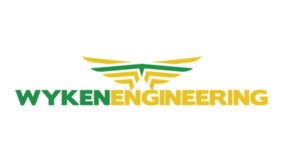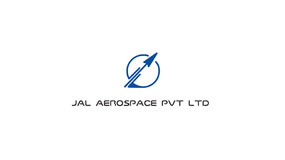Housing one of Rolls-Royce flagship University Technology Centres, Loughborough University has an excellent record of collaboration with industrial partners and undertakes a wide range of aerospace research and technology development.
CASE STUDY: University Technology Centre (UTC) in Combustion System Aero-Thermal Processes
The Loughborough Rolls-Royce UTC conducts research to improve understanding of the complex aero-thermal processes that govern the performance of gas turbine combustion systems and associated components. This includes studies relating to aerodynamic processes, heat transfer, acoustic and two phase flows (sprays).
The UTC possesses a range of unique experimental facilities in which fully annular engine representative combustion systems can be studied through to facilities which enable the study of individual system components. Within these facilities relevant time dependent and time resolved phenomena can be studied. This includes aerodynamic studies, fuel spray break up, the use of high intensity noise facilities for studying combustion instability phenomena and large scale heat transfer facilities. A range of instrumentation is also available for use in these facilities which range from pneumatic measurements to advanced optical measurement and imaging techniques. To complement the experimental studies, computational fluid dynamics (CFD) is used to provide predictions of the combustion system aerodynamics and other relevant processes. In addition to more conventional statistical turbulence model (RANS based) approaches, Large Eddy Simulation (LES) is also used to provide greater insight into the unsteady features of the flow field.
The UTC receives research funding from Rolls-Royce, EPSRC, DTI and the EU. In addition to fundamental investigations the centre has carried out studies relating to the combustion systems of a whole range of Rolls-Royce production engines. This includes the Trent series of engines, with work recently being undertaken on the latest Trent 1000 for the 787 Dreamliner aircraft.
Department of Aeronautical and Automotive Engineering
Research in the Department of Aeronautical and Automotive Engineering is organised into four main disciplines:
Applied Aerodynamics
Experimental and computational research that leads to enhanced understanding of, and improved measurement and numerical techniques for, industrially relevant aeronautical and automotive flow problems. The group is organised into three sub groups; Experimental Aerodynamics, Computational Fluid Dynamics and the Rolls-Royce University Technology Centre (UTC) in Combustion System Aero-Thermal Processes.
Control and Reliability
Research focused on the use and development of advanced dynamics and control techniques, risk and reliability analysis in the areas of automotive, aeronautical and aerospace engineering, in close collaboration with industry. For example, work on unmanned and autonomous vehicle and the analysis of the reliability of complex aeronautical systems.
Low Carbon Technology
The aim of the group is to carry out both experimental and computational research into high efficiency energy applications relevant to the aeronautical and automotive industries. For example the automotive and aerospace applications of fuel cell technologies.
Structural Mechanics and Acoustics
The research of this group is focused on studying structural dynamics, acoustics and vibration phenomena that are paramount for the engineering of safer and more environmentally friendly aircraft and road vehicles and on the design of optimised lightweight structural systems for aerospace and automotive applications. For example, the application and analysis of composite structures.
Teaching
The Department of Aeronautical and Automotive Engineering offers a number of relevant courses and modules ranging from Management to Systems Engineering and Design. Modules can also be transformed into special training for companies.
Other relevant departments
Research, training and support for aerospace are also available from; Computer Science, Electronic & Electrical Engineering, Mathematics, Mechanical and Manufacturing Engineering, Materials Engineering, Human Sciences and the Business School.






